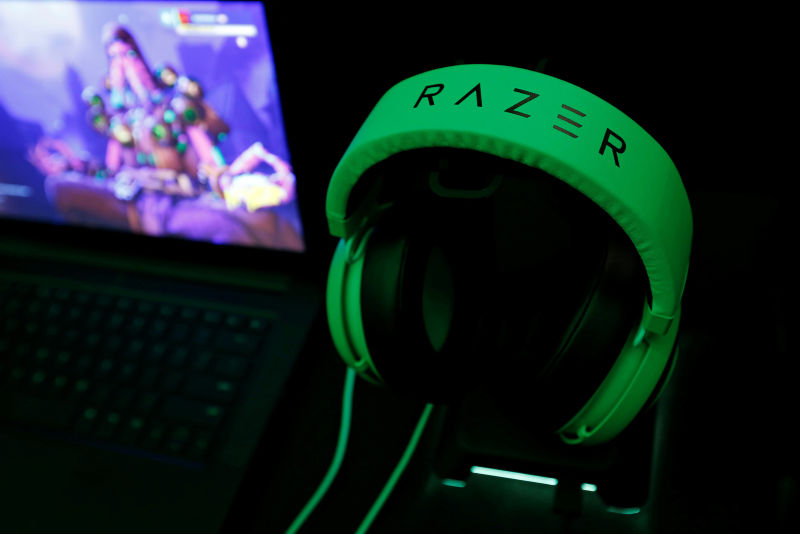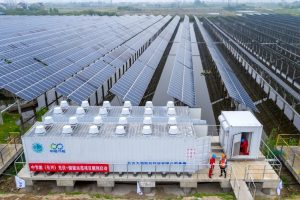Top executives of video gaming hardware manufacturer Razer plan to take it private in a potential deal that would value the Hong Kong-listed company at HK$35 billion ($4.5 billion).
Min-Liang Tan, chairman and Kaling Lim, non-executive director, hold a combined stake of nearly 60%. They are offering up to HK$4 a share, or almost double its average price of HK$2.10 over the past month.
The move comes as the consortium believes Razer has been undervalued in Hong Kong, where investors typically pay more attention to tech firms from mainland China, they added.
In a regulatory filing on Tuesday, Razer cited its board as saying that there is no certainty that the discussions among Tan, Lim and the financial investors will ultimately lead to the terms of a potential transaction being agreed.
“The structure of [the take-private bid] is yet to be determined but which may or may not lead to a general offer being made for the shares in the company,” Razer said in a regulatory filing made on Tuesday.
“The board would like to clarify that at the date of this announcement, there is no certainty that the discussions among Mr Tan, Mr Lim and the financial investors will ultimately lead to the terms of any potential transaction being agreed,” the company said.
“[The] potential offer price has not been determined, no decision has been made by Mr Tan and Mr Lim on whether to proceed with any potential transaction, and no definitive agreement has been entered into with any party.”
Razer designs and builds gamer-focused hardware, software and services such as peripherals and laptops, as well as monitors, mice, mats, keyboards, consoles, streaming, and accessories such as chairs apparel and bags.
In 2020, in response to the Covid-19 pandemic, Razer set up an automated face-mask manufacturing line with a capacity to make about five million masks a month.
The company said it had reacted to a lack of “quality” masks on the market and a shortage in Southeast Asia, it said in a news release.
- Reuters, with George Russell
READ MORE:
Singapore Can Be China Tech’s Neutral Gateway to ASEAN market
Tencent Curbs Video Games After State Media Calls Them ‘Spiritual Opium’






















